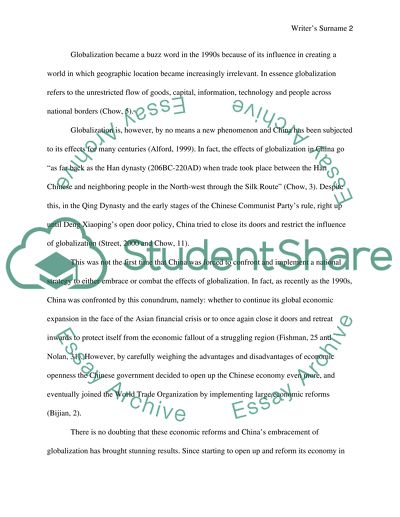Cite this document
(State and Society in 20th Century China Literature review, n.d.)
State and Society in 20th Century China Literature review. https://studentshare.org/geography/1514171-state-and-society-in-20th-century-china
State and Society in 20th Century China Literature review. https://studentshare.org/geography/1514171-state-and-society-in-20th-century-china
(State and Society in 20th Century China Literature Review)
State and Society in 20th Century China Literature Review. https://studentshare.org/geography/1514171-state-and-society-in-20th-century-china.
State and Society in 20th Century China Literature Review. https://studentshare.org/geography/1514171-state-and-society-in-20th-century-china.
“State and Society in 20th Century China Literature Review”. https://studentshare.org/geography/1514171-state-and-society-in-20th-century-china.


